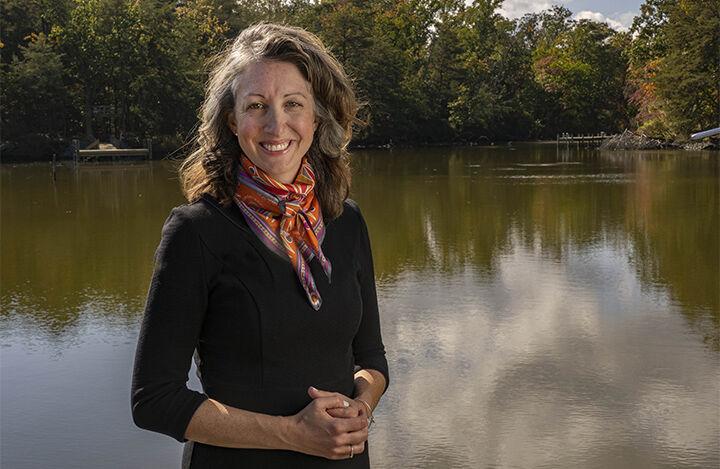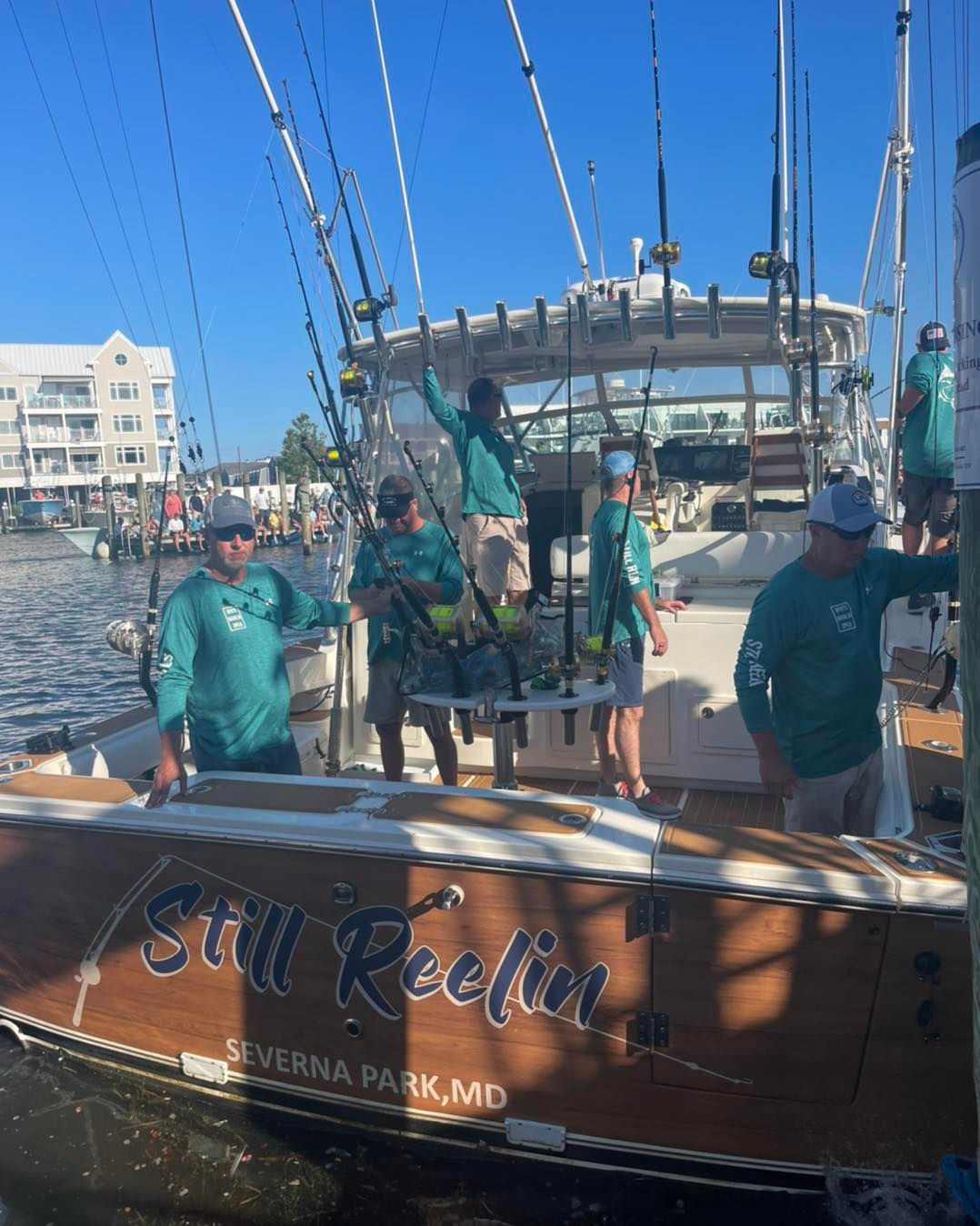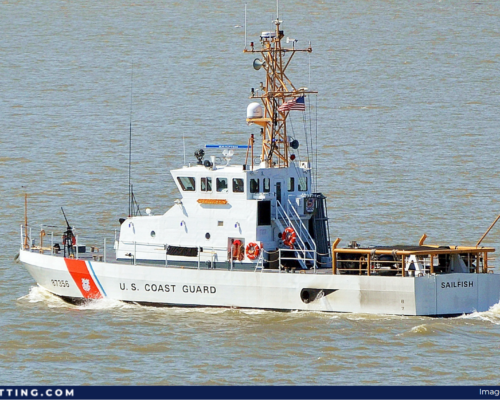By Timothy B. Wheeler, Bay Journal News Service
Hilary Harp Falk, a top executive with the nation’s largest conservation group, has been tapped to be the Chesapeake Bay Foundation’s next president and chief executive officer, the Annapolis-based environmental group announced Monday. She will succeed Will Baker, who is retiring after 40 years leading CBF.
It’s a return to her roots for the Maryland native, who began her career in conservation as a CBF intern more than 30 years ago.
Falk is chief program officer with the National Wildlife Federation, which since its founding in 1936 has grown to encompass 53 state and territorial affiliates with more than six million members and supporters.
In Falk’s nearly 13 years with the federation, she also served as its Mid-Atlantic regional executive director and vice president for regional conservation before being promoted in January 2020 to lead all of the federation’s conservation and education programs. One of her first posts was as senior manager of the Choose Clean Water Coalition, an umbrella group of more than 200 environmental and community organizations advocating for the Chesapeake’s restoration.
Starting Jan. 3, Falk takes the helm of the Bay-focused foundation, which has had only two chief executives since its founding in 1967.
Baker joined CBF as an intern in 1976 and has run the organization since 1981. It has grown to 300,000 members, with 210 employees in offices, restoration centers and educational facilities in Maryland, Virginia, Pennsylvania and the District of Columbia. Over the years, it has provided outdoor educational experiences about the Bay to more than 1.5 million students, teachers and others across the region.
“I am humbled and honored to now be charged with leading this prestigious institution,” Falk said in a CBF press release announcing her selection. “Together, we will build a future that brings people together for clean water and a healthy Bay.”
In the release, Baker hailed her as “a proven leader.”
“She got her start at CBF over 20 years ago,” he said, “but she has had Bay water in her veins from a much earlier age. Hilary has the experience and wisdom necessary to continue the work that CBF launched 55 years ago to save this national treasure.”
Falk first joined CBF’s staff as an intern in 1997. After graduating from Franklin & Marshall College in Pennsylvania, she returned to CBF to spend three years at its Port Isobel Island education center in Virginia, teaching children, teachers and others about the Bay and its island fishing communities.
Falk takes CBF’s reins as the clock is ticking on the long-running effort to restore the Bay, which formally began in 1983. After missing two earlier deadlines, the multi-state campaign has shown some progress in the past decade but appears likely to miss key goals — including the central aim of reducing nutrient pollution — by its latest self-imposed deadline at the end of 2025.
An internal review earlier this year by the federal-state Chesapeake Bay Program concluded that 7 of the 31 outcomes pledged in the most recent restoration agreement are “unlikely to be met without a significant change in course.” Several others also are far short of their targets or lack the data needed to tell how much progress, if any, has been made.
The foundation graded the Bay’s health a D-plus in its latest report card issued in January, giving it a score that has risen only five points since the group issued its first ecological status report in 1998.
CBF has focused its advocacy on getting the region’s states and the federal government to carry out what it calls the Chesapeake Clean Water Blueprint—the total maximum daily load, or “pollution diet,” that the U.S. Environmental Protection Agency set in 2010 for restoring the Bay’s water quality.
“Enforcing the Clean Water Act and investing in the pollution-reduction practices that provide clean water and mitigate climate change will be paramount to CBF success going forward,” Baker said.
But progress toward meeting those targets has been uneven, with Pennsylvania lagging badly. CBF has joined three of the six Bay states and the District of Columbia in suing the EPA in federal court for not doing more to enforce its cleanup plan.
“Today, we stand at a crossroads for Bay restoration,” Falk said. “Finishing the work of Chesapeake Clean Water Blueprint by 2025 and leaving a restored Bay to our children and grandchildren is possible. But it is not certain.”
She also assumes leadership at CBF at a time when environmental groups large and small are reckoning with their lack of diversity and historical negligence of the disproportionate impacts of pollution on Black and other disadvantaged communities.
Falk was chosen by CBF’s board of trustees after a national search that began in January when Baker announced he planned to retire at the end of 2021. The board’s search committee looked at more than 100 candidates nationwide, according to Harry Gruner, the search panel’s chair.
“Strong leadership skills, a commitment to equity in the environmental movement, and a devotion to following the science to restore the health of the Chesapeake Bay made Hilary Harp Falk the clear choice for leading CBF during this critical time,” said board chair Elizabeth Oliver-Farrow.
Falk championed making the National Wildlife Federation a more equitable and inclusive workplace, according to the CBF release. She was a 2016–2017 fellow with the International Women’s Forum and co-chaired the federation’s Women in Conservation Leadership Advisory Council.
She lives in Annapolis with her husband and two children.




